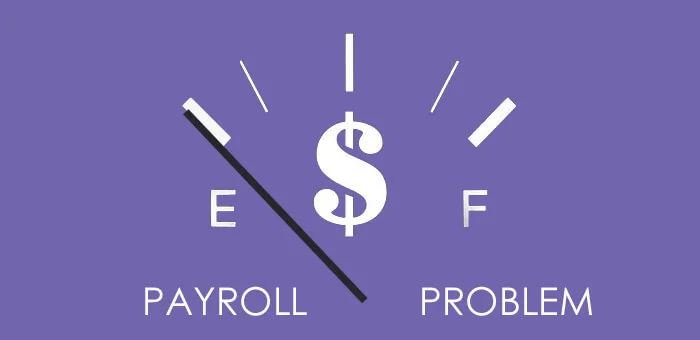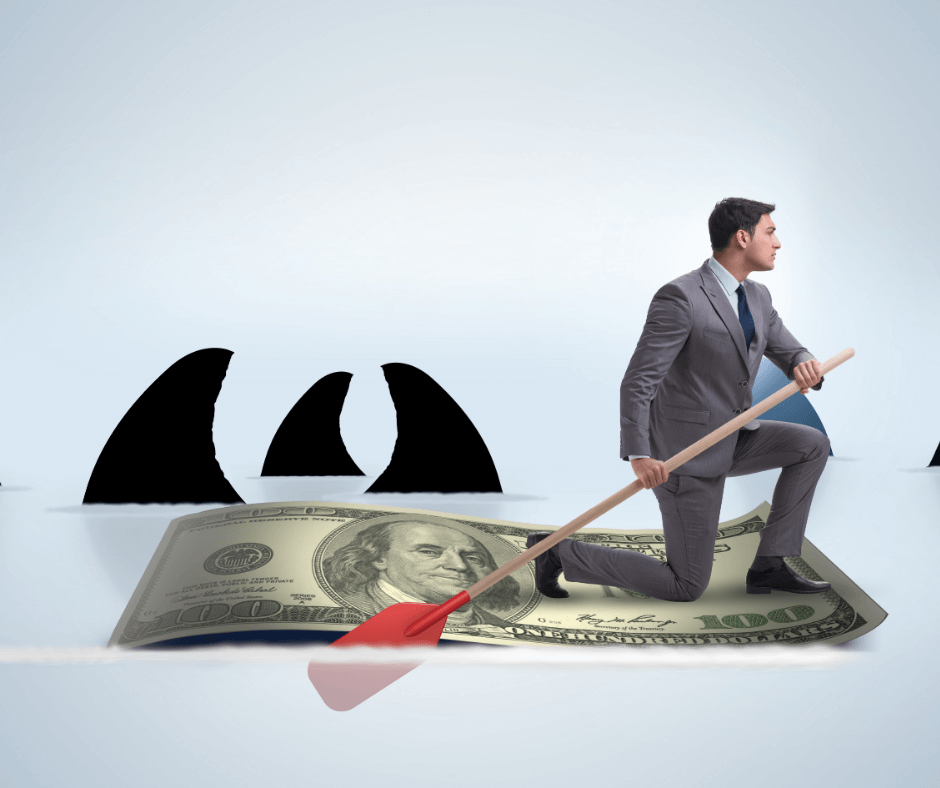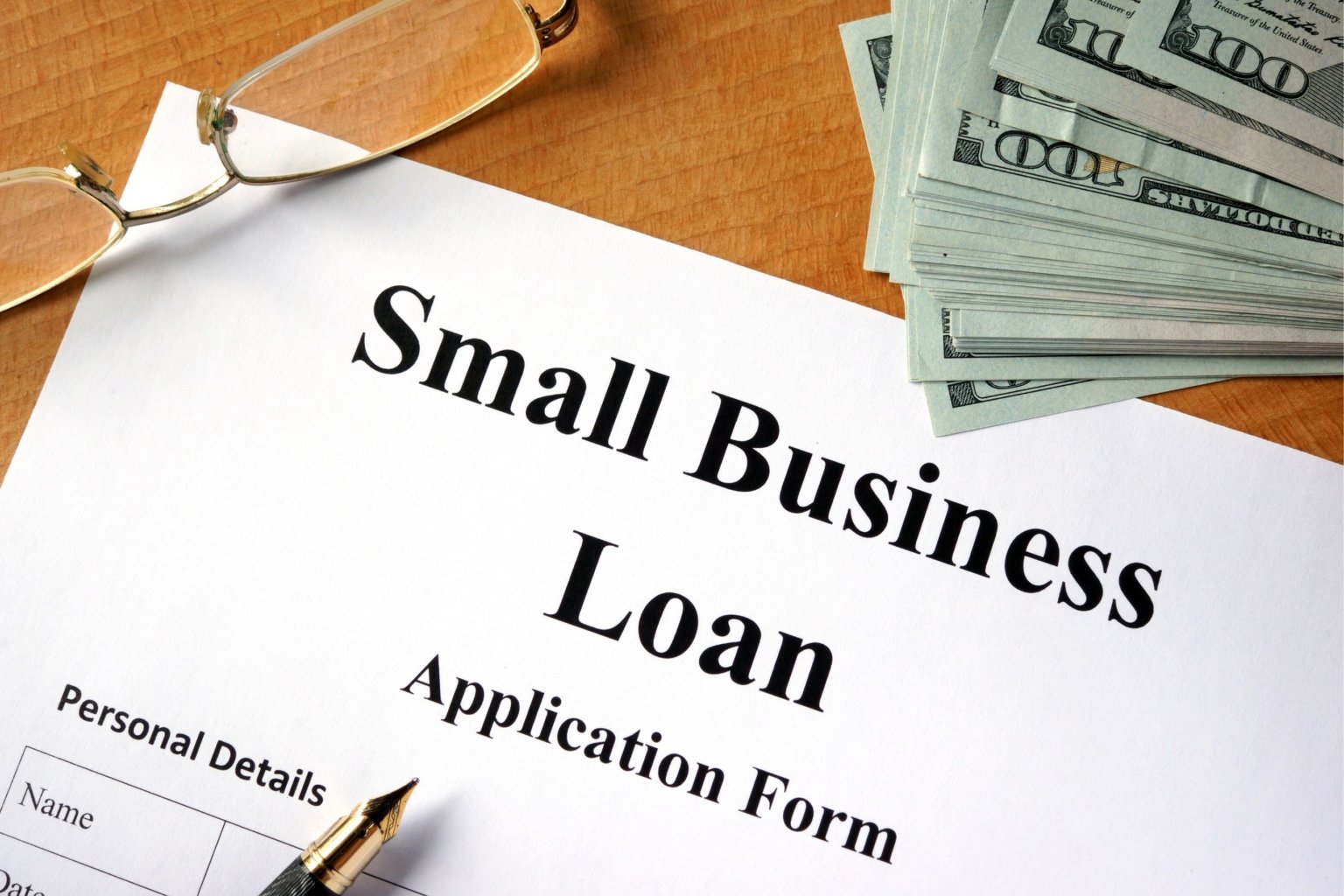All About Personal Guarantees On Business Loans
If you have ever applied for a business loan, you might have come across the term “personal guarantee.” It is one of many ways that lenders can help reduce risk when extending lines of credit or traditional loans to businesses of all sizes. However, there are different types of personal guarantees, and the fine print can make a big difference on what the term actually means for you. So, in today’s guide, we will answer some of the most common questions related to personal guarantees on business loans.
But before we define the term, it’s important to understand that you shouldn’t be afraid of personal guarantees. There are a very normal part of getting an unsecured business loan. So, though you may feel a little worried to put your personal assets on the line for your business, remember that it is standard operating procedure between most businesses and lenders.
What Is A Personal Guarantee?
A personal guarantee (sometimes known as a self-guarantee) is a legal agreement in which an individual takes responsibility for the credit or loan issued to a business. This person is called the personal guarantor. In the vast majority of cases, the personal loan guarantee must be signed by someone who holds an executive position at the business. However, this is not always the case, as there can also be corporate guarantors, which are organizations that agree to take responsibility for the debt.
The meaning of personal guarantee is relatively straightforward, but many business owners, executives, and partners wonder why they are necessary. In essence, if you run a large business with an established credit history, some lenders may choose to waive the requirement for a personal guarantee. Alternatively, if you run a small business with low credit, fluctuations in income, or other factors that could pose a risk to the lender, then the lending institution will likely want a personal guarantee from you as part of the credit extension or loan arrangement. In short, the vast majority of small and mid-size businesses will need to provide a personal guarantee when acquiring a business loan.
Types Of Personal Guarantees
There are two primary times of person guarantees: a limited guarantee and an unlimited guarantee. With a limited guarantee, the burden to repay a debt is shared among several stakeholders or co-signees of the loan. For example, if you have a business with three other partners, a limited guarantee could mean that you are only liable to pay 25% of the outstanding debt (assuming your business defaulted on payments). The lender would then pursue each of the other partners to collect the remainder of the loan.
A limited guarantee puts a “limit” on the degree of liability and personal risk you take with a business loan. Naturally, this instance only works if your business has more than one executive, stakeholder, partner, or even shareholders. If you are the sole proprietor and there are no other people to accept financial responsibility for a defaulted loan, a limited guarantee will not apply. According to the Small Business Administration (SBA), small business loans require a personal guarantee from anyone who has a stake of at least 20% in the business, as well as anyone in executive or key management positions. However, the exact requirements for who will need to provide a personal guarantee varies from one lender to another.
As the name implies, an unlimited guarantee (sometimes known as an absolute or unconditional guarantee) is the opposite of a limited guarantee. With this type of personal guarantee, the personal guarantor is liable for the full outstanding balance. This is most often used when there are no other principals to sign onto the loan or credit extension. Many small businesses have a sole proprietor whose personal assets are tied to those of the business. For this reason, most small business lenders have to sign an unlimited personal guarantee.
Since people often want to know exactly how they are liable, it is also important to note that almost all personal guarantees are unsecured. An unsecured personal guarantee means that the agreement is not linked to a specific amount or asset. It is simply a promise on behalf of the guarantor that they will pay back any outstanding balances to the lender if the business is unable to do so. If you get a secured business loan, then there is usually no need for a personal guarantee, as you already have to put up personal assets as collateral.
What Happens If You Default On A Loan Backed By A Personal Guarantee?
The only time that you really need to worry about a personal guarantee is if your business defaults on a loan. After signing a personal guarantee, you agree to be personally liable for any unpaid business debts. A loan default means that your business is unable to pay the loan as promised, therefore, the lender will come to you directly to collect the remaining amount.
However, enforcing a personal guarantee is not a straightforward process. If you sign a personal guarantee contract (as most lenders will require), you can choose to pay the remaining amount in full or work out a personal payment plan with the lender. Issues arise when a personal guarantor either can’t or won’t pay the remaining debt. When this happens, the lender must go through the court system to file a lawsuit and levy your assets. Contrary to popular belief, personal guarantees are enforceable just like any other kind of unpaid contractual debt.
Fortunately, there are a few personal guarantee loopholes that will ensure you don’t lose everything as a personal guarantor. If you don’t want to lose your house, you can take advantage of homestead laws (these vary by state) that protect real property from lenders looking to collect. Additionally, debts can be revoked or reduced if both the guarantor and the lender agree to it or if the guarantor files for bankruptcy.
Can A Personal Guarantee Be Avoided?
A personal guarantee can usually be avoided if you opt for a secured loan. However, you are essentially trading one type of personal guarantee for another. As previously mentioned, a secured business loan requires you to put up collateral (like a home, car, or other valuable asset) to get the loan. Alternatively, a personal guarantee just makes you liable to pay whatever amounts are left if your business defaults on the loan.
Still, it is understandable if you want to protect your assets from a personal guarantee. The best way to avoid losing assets is to ensure that you don’t take out more credit than your business can afford to pay back. You can also opt for a limited guarantee to help spread out the liability among major stakeholders. Alternatively, the only real way to get a business loan without a personal guarantee is to show evidence of steady cash flow, fiscal responsibility, and a history of good credit.
Just remember that even these factors may not help you avoid a personal guarantee. Many lenders refuse to give out loans with no personal guarantee, while many others only consider waiving the personal guarantees for very large, reputable businesses. Therefore, even if you own a business in good standing, there are very few alternatives to personal guarantees if you need a business loan.
Are you in need of a small business loan for payroll? Do you want to learn more about personal guarantees and what they mean for your business? If so, feel free to reach out to Payro Finance today!
Morris Reichman
hello@payrofinance.comMorris Reichman is the founder and CEO of Payro Finance. Former Vice President at Infinity Capital Funding an alternative finance company, Morris possesses a versatile background in the finance industry. Having spent 7+ years working across global macro operations and start up corporate finance Morris's expertise is in business accounting, risk management and investment analysis. Morris founded Payro Finance to support business owners and ensure their business continuity.
Need a short-term loan to cover payroll?
Apply in under two minutes, and get approved within 2 days. Once approved, funds are in your account the same day.
- Always 1.5% weekly
- Up to $500,000
- Same-day funding


